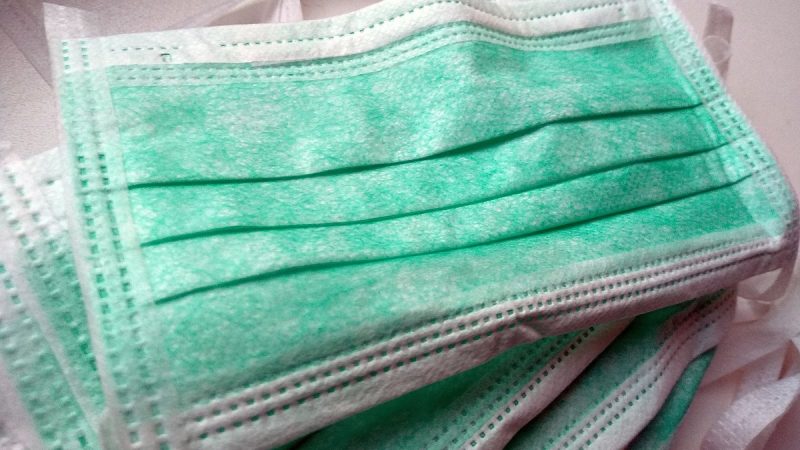They got put in a high-priority lane which increased their chances ten-fold.

The cross-party Public Accounts Committee has concluded that suppliers recommended by politicians were prioritised for personal protective equipment (PPE) contracts.
The MPs’ report said Department of Health civil servants created a high-priority lane for offers to supply personal protective equipment and added politicians’ contacts to this lane, which improved their chances ten-fold.
The report said: “Leads that were considered more credible were those from government officials, ministers’ offices, MPs and members of the House of Lords but it is not clear why this assumption was made”.
On the other hand, they find: “The priority lane did not include organisations with expertise in the health and social care sector that had existing relationships with suppliers through their members or directly and were well-placed to assess the credibility of potential PPE suppliers, such as the British Medical Association.”
Getting into the high-priority lane made a huge difference to a firm’s chances of landing a contract. The report fins around 10% of suppliers that came through the high-priority lane were awarded a contract compared with 1% for the ordinary lane.
The New York Times has found that half of the UK’s coronavirus contracts went to politically-connected, inexperienced or controversial firms. One £14m isolation gown contract was awarded to a firm whose director’s husband donated £5,000 to Health Secretary Matt Hancock’s office.
The PAC’s finding follows similar conclusions from the respected Institue for Government think tank and the government’s official spending watchdog the National Audit Office.
The Institute for Government said: “Accusations of ‘cronyism’, with large government contracts being awarded with little scrutiny, sometimes to personal contacts of ministers, have…raised questions about the Johnson government’s management of public funds.”
The government has vigorously defended itself against criticisms of its PPE procurement. In December 2020, the New York Times reported “the government handed out thousands of contracts to fight the virus, some of them in a secretive “V.I.P. lane.”
A few days later, the government published a lengthy response in which they did not deny there was a high-priority mailbox for politicians to pass on leads but claimed it “allowed procurement officials to assess more quickly offers from more credible sources”.
The PAC’s report found that some MPs passing on these offers had not researched whether they were “more credible” as they expected the department to do so.
Joe Lo is a co-editor of Left Foot Forward
Left Foot Forward doesn't have the backing of big business or billionaires. We rely on the kind and generous support of ordinary people like you.
You can support hard-hitting journalism that holds the right to account, provides a forum for debate among progressives, and covers the stories the rest of the media ignore. Donate today.



